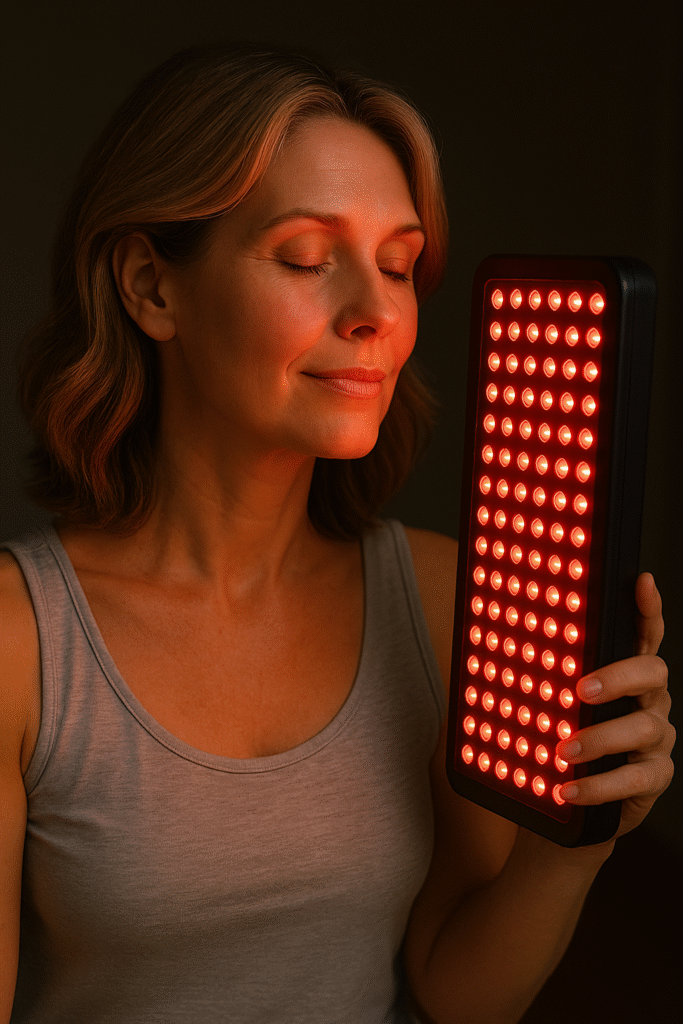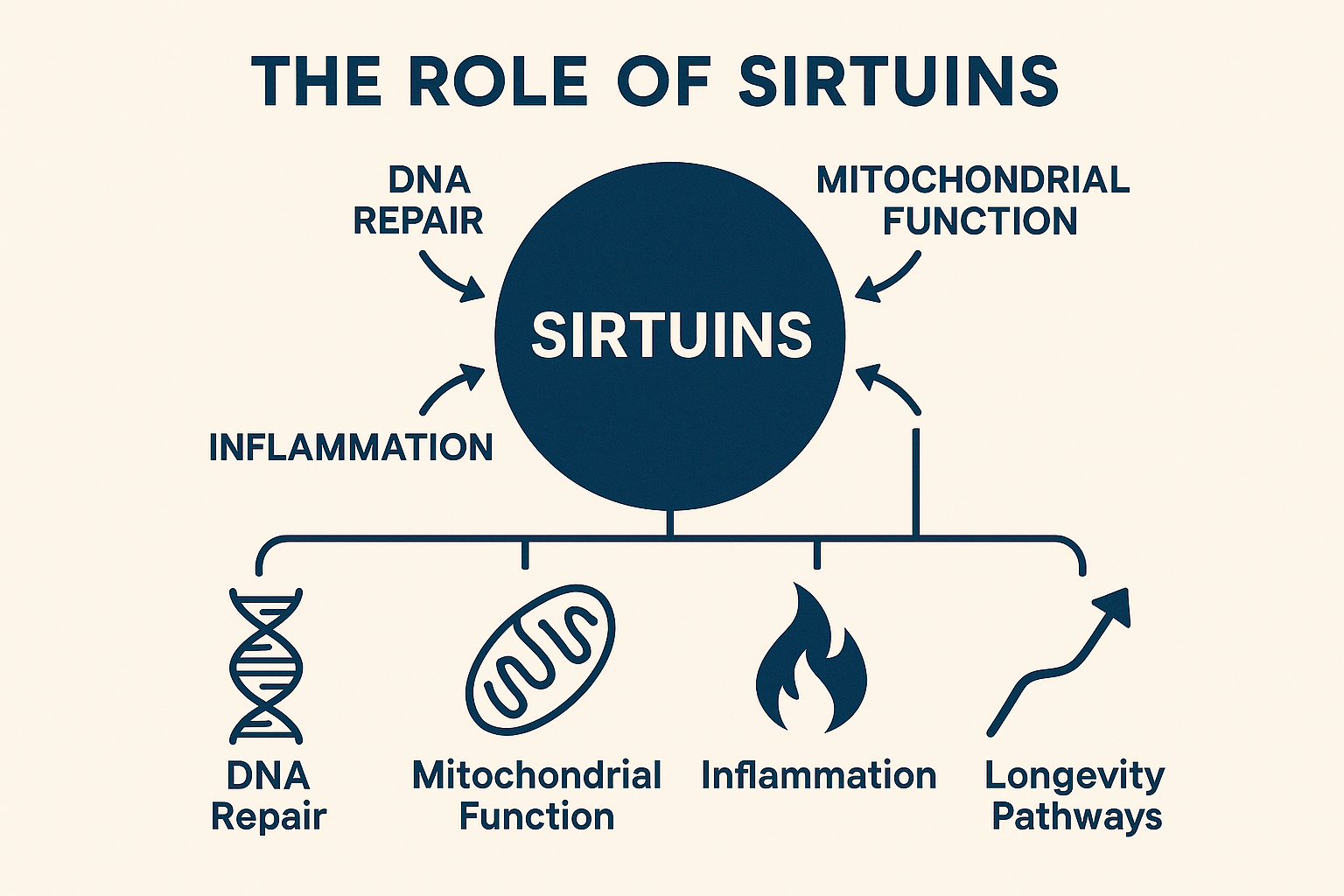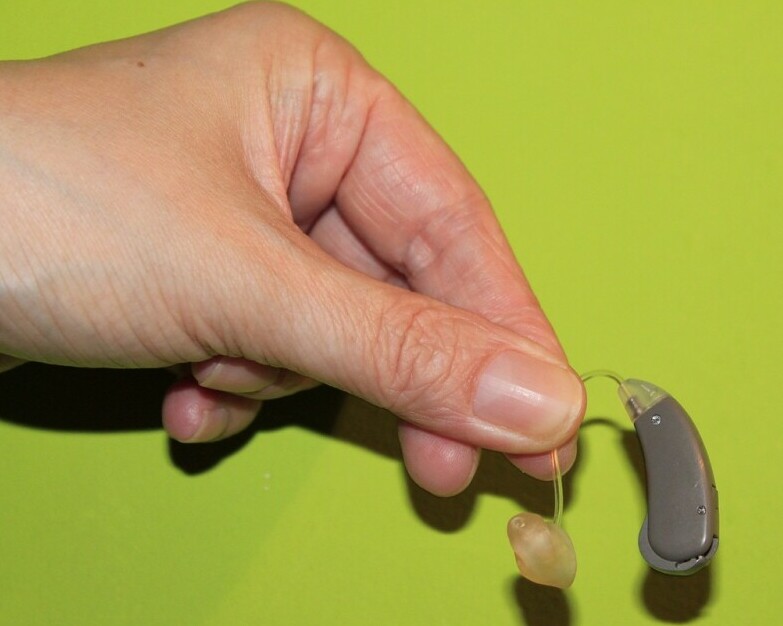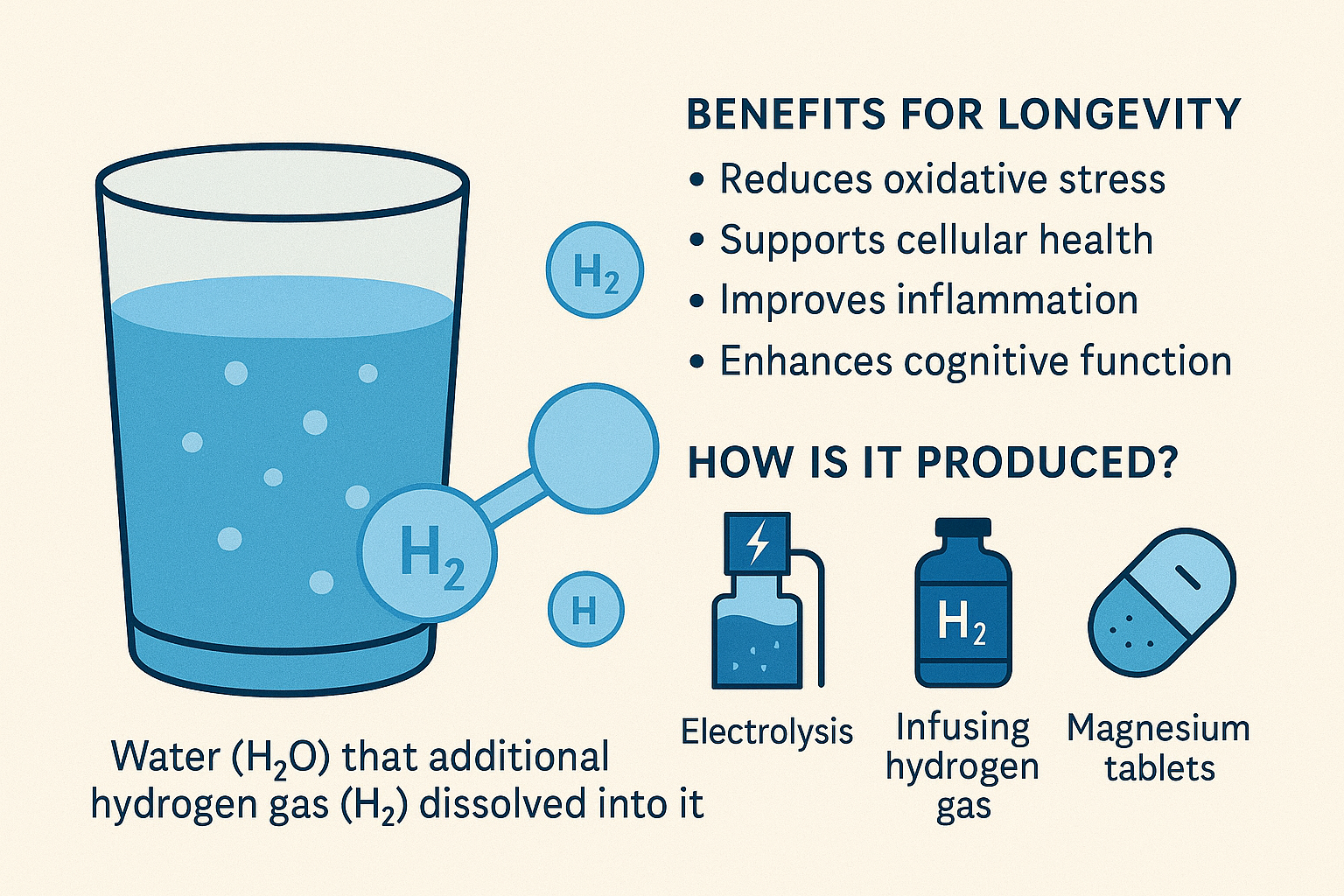I’m going to tackle something we all need but sometimes struggle with – a good night’s sleep. And this isn’t just about getting any sleep; it’s also about understanding the crucial link between quality sleep and overall health, most notably as we age.
Now, you might be asking, ‘Why focus on sleep for aging individuals?’ The answer is simple yet significant. As we age, it’s common to experience changes in sleep patterns. It could be difficulty falling asleep, waking up throughout the night, or feeling less refreshed in the morning. Unfortunately, these disruptions can affect more than just energy levels – they can have serious repercussions on an older individual’s physical and mental well-being.
You’re going to find out that a proactive approach to managing sleep is vital. By recognizing and adapting to changes in sleep patterns, older adults can help prevent a slew of unwanted issues like cognitive decline, mood disturbances, and even exacerbation of chronic health conditions.

One thing to keep in mind is that sleep deprivation isn’t a badge of honor. In fact, it’s quite the opposite. Research shows that persistent lack of sleep can lead to compromised immune function and increased fall risk, among other concerns. That’s why giving sleep the priority it deserves and understanding how to foster good sleep hygiene is essential, especially in later years.
So, what can older adults do to enhance their sleep quality? That’s going to include establishing a sleep routine tailored to their unique needs – a cornerstone of sleep health that we’ll delve into in the next section.
Establishing a Personalized Sleep Routine: A Step-by-Step Guide
Establishing a personalized sleep routine is like setting the stage for a nightly performance; it requires attention to detail and understanding your unique needs. It’s not just about picking a bedtime and sticking to it—there’s an art and science to crafting a sleep schedule that syncs with your body’s internal clock and lifestyle.
First, you’re going to want to take a close look at your sleep patterns. This isn’t just about noting what time you hit the hay; consider how you feel throughout the day, if you’re waking up during the night, and the quality of your sleep. A sleep diary or even a wearable tracker can be invaluable here.
Next up is creating a sleep oasis. Your bedroom should be a temple of tranquility. Pay attention to mattress comfort, room temperature (cooler is typically better), and lighting. Soft, soothing colors and a clutter-free space can also promote a sense of calm.
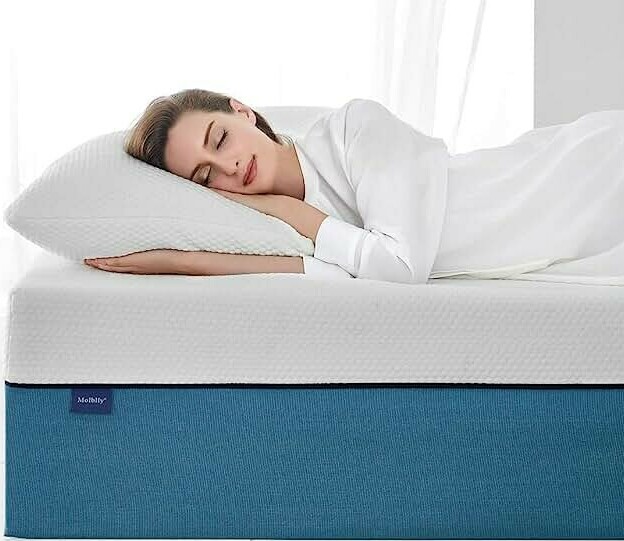
Consistency is king when it comes to your sleep schedule. Aim to go to bed and wake up at the same time every day—yes, even on weekends. This regularity reinforces your body’s sleep-wake cycle and can help you fall asleep more easily at night.
Don’t overlook the impact of daytime habits on nighttime rest. Daily physical activity is a fantastic sleep promoter, but timing is crucial. Aim to complete more vigorous workouts earlier in the day, with lighter activities like a gentle evening stroll to avoid revving up your system right before bed.
Remember, changes won’t happen overnight. It’s about making gradual adjustments to develop sustainable habits. Stick with it, and you’re likely to see improvements in your sleep quality, mood, and energy levels.
Behavioral Strategies and Mindfulness Practices for Better Sleep
If you’re aiming for better sleep, don’t overlook behavioral strategies and mindfulness practices. These tools can be especially powerful when combined with a personalized sleep routine.
Starting with relaxation techniques, I’m talking about methods such as progressive muscle relaxation or deep breathing exercises. Practicing these just before bedtime can significantly reduce stress and prepare your body for sleep.
When it comes to tackling insomnia, cognitive-behavioral therapy (CBT) has a proven track record. It helps by changing the thoughts and behaviors that cause sleep problems. You might be surprised at how effective a few sessions with a therapist or even a digital program can be.
Meditation and mindfulness aren’t just buzzwords; they are practices that have been adopted by many for a good reason. Carving out time to meditate in the evening can lead to improved sleep quality, as it calms the mind and reduces the racing thoughts that often interfere with sleep.
And here’s a tip you can start tonight: Cut back on screen time at least an hour before bed. The blue light from devices is notorious for disrupting our natural sleep-wake cycles. Instead of scrolling through your phone, you might choose to read a book or listen to calming music.
Integrating these practices into your evening routine won’t just help you fall asleep faster; they can also enhance the depth and quality of your sleep. Over time, you’ll likely notice the difference not just at night, but throughout the following day.
Supplements and Natural Remedies to Support Sleep Health
In my opinion, while behavior adjustments and routine establishment are pivotal for improving sleep, sometimes nature needs a nudge. That’s where supplements and natural remedies come in. You’re going to find out about a few that many have found helpful.
Melatonin is a fan favorite, and for good reason. It’s what your body naturally produces to tell your brain it’s time to sleep. As you age, you might make less of it, which is why adding a melatonin supplement could be a game-changer for your sleep routine.

Magnesium isn’t just vital for bone health; it plays a key role in sleep, too. Supplementing with magnesium may help the body relax, setting the stage for deeper sleep. If you’re contemplating this route, it’s best to chat with your healthcare provider first.
Let’s not forget the power of plants. Herbs like valerian root, chamomile, and lavender have been turning restless nights into restful ones for centuries. Teas, oils, or capsules — choose something that resonates with you.
Just don’t focus too much on perfection when it comes to aiding your sleep with supplements. The aim is to enhance your routine, not to depend solely on external help. Always discuss with your doctor before starting any new supplement, particularly if you have existing health concerns or are on medication. It’s crucial to ensure that your journey to better sleep is safe and tailored to your needs.
Disclaimer: All the content on this site is for informational purposes only, does not constitute medical advice, and does not establish any kind of patient-client relationship by your use of this website. I am not a health care professional. The information, including but not limited to text, graphics, images and other material contained on this website are for informational purposes only. No material on this site is intended to be a substitute for professional medical advice, diagnosis, or treatment. Before starting any new regimen, supplement, diet, or program, it is crucial to consult with a healthcare professional to ensure it is safe and suitable for your individual health needs and circumstances. Here’s a little transparency: This website also contains affiliate links. This means if you click and make a purchase, we may receive a small commission. Don’t worry, there’s no extra cost to you. It’s a simple way you can support our mission to bring you quality content.





